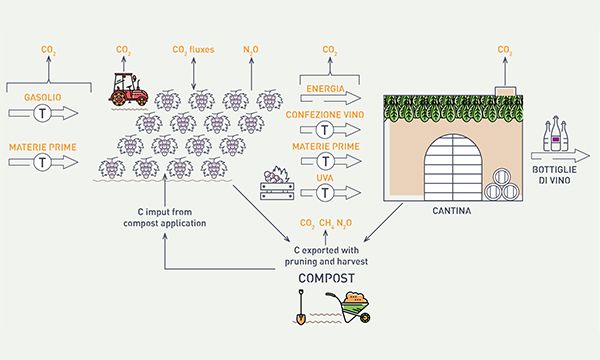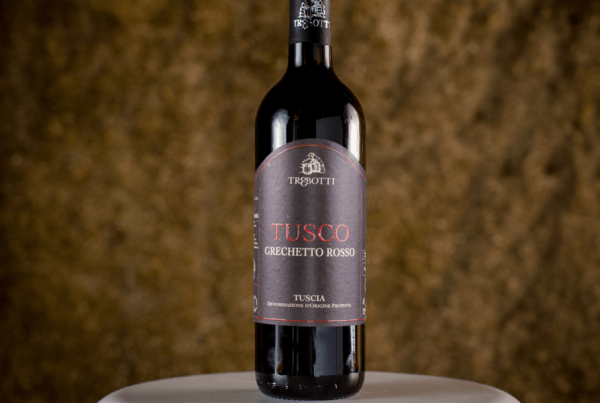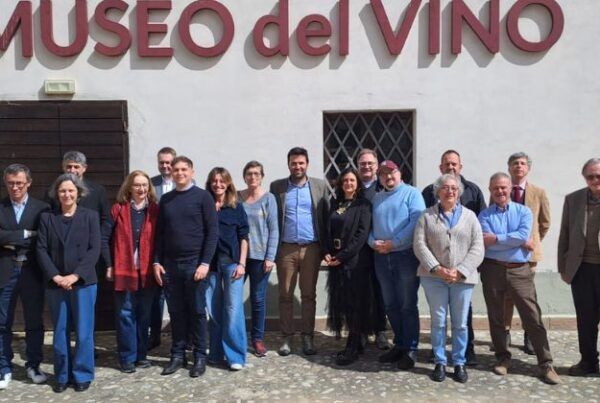
The agricultural sector, on a global scale, is considered one of the main emitters of greenhouse gases (accounting for an estimated 23% of total emissions, when including deforestation and land-use changes for agricultural production). These emissions are widely recognized by the global scientific community as the main cause of the increase in the Earth’s average temperature and the phenomenon known as “climate change.”
Intensive agriculture plays a leading role in this, as its extensive use of chemicals significantly impacts the environment (soil consumption, deforestation, loss of biodiversity, water and air pollution, etc.), mainly due to high greenhouse gas emissions into the atmosphere.
On the other hand, sustainable agriculture, especially when organic, can help protect and preserve local ecosystems and the socio-economic fabric of the communities practicing it. Beyond all the positive externalities that organic farming generates (biodiversity conservation, soil and water protection, etc.), the greenhouse gas emission balance is the clearest measure of the effectiveness of these practices.
This aspect has been studied in detail within Mediterranean viticulture, in a paper recently published in JCLP, where all components of the carbon balance were analyzed and quantified:
- Biogenic carbon flows in the vineyard system (i.e., absorption or emissions linked to natural processes like soil respiration and plant metabolic activities);
- Anthropogenic carbon emissions related to agricultural activities and winemaking processes;
- Removal of carbon stored in plant biomass through vineyard management operations (pruning and grape harvesting) and the portion reintegrated into the vineyard system through soil application of compost derived from these residues.
The sample winery used in this study is our very own organic winery, Trebotti. The results confirm the value of our choices: using organic and sustainable practices in viticulture can balance emissions and absorption, resulting in a total greenhouse gas balance of zero (or even sometimes positive, meaning more organic matter is stored in the soil and biomass than is lost as CO2 emissions).
As an organic winery, Trebotti has aimed from the beginning to become carbon neutral and completely eliminate the climate impact of our production processes. From our early years, we not only adopted organic practices but combined them with projects and innovations to continuously improve our sustainability performance.
Wastewater from winery cleaning is naturally purified by a community of plants and bacteria and stored clean in our Biolake; all agricultural residues (pomace, stems, prunings, etc.) are used to produce our farm compost, which we apply as mulch and soil conditioner to nourish and protect the vines without any chemical inputs; we use ultra-light bottles to further reduce our carbon footprint (less weight means fewer raw materials and less transport), and when this is not possible, thanks to the Gocce Zero Waste project, we use a bottle return system to recover as many bottles as possible from our customers, offering a discount on their next purchase.
These are just some of the projects developed over 15 years that have made us one of the first Italian wineries to measure and certify its own carbon footprint. Our primary goal is to respect the ecosystems that host us, ensuring a healthy environment for local communities and offering those who enjoy our wines a healthy, high-quality product.






